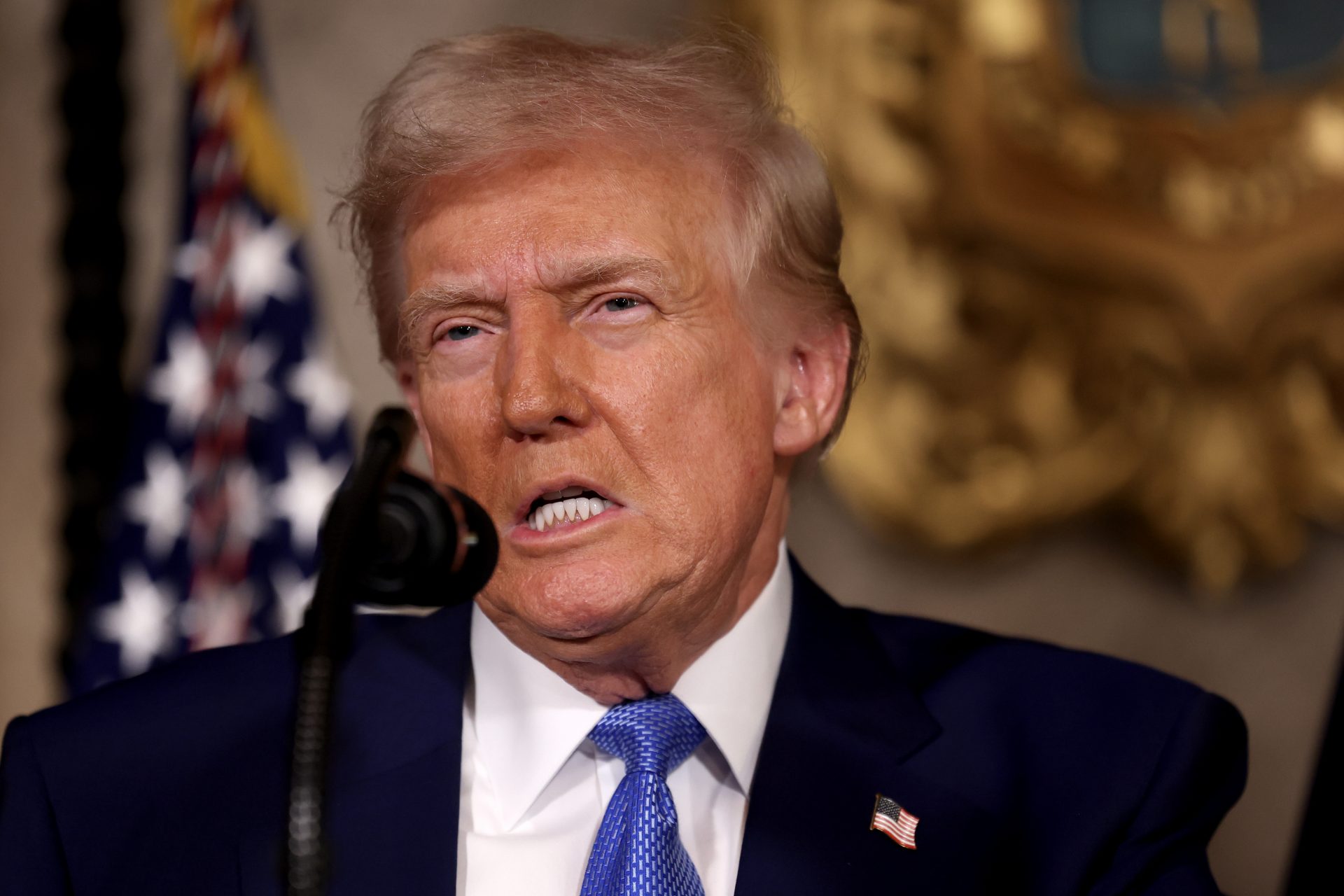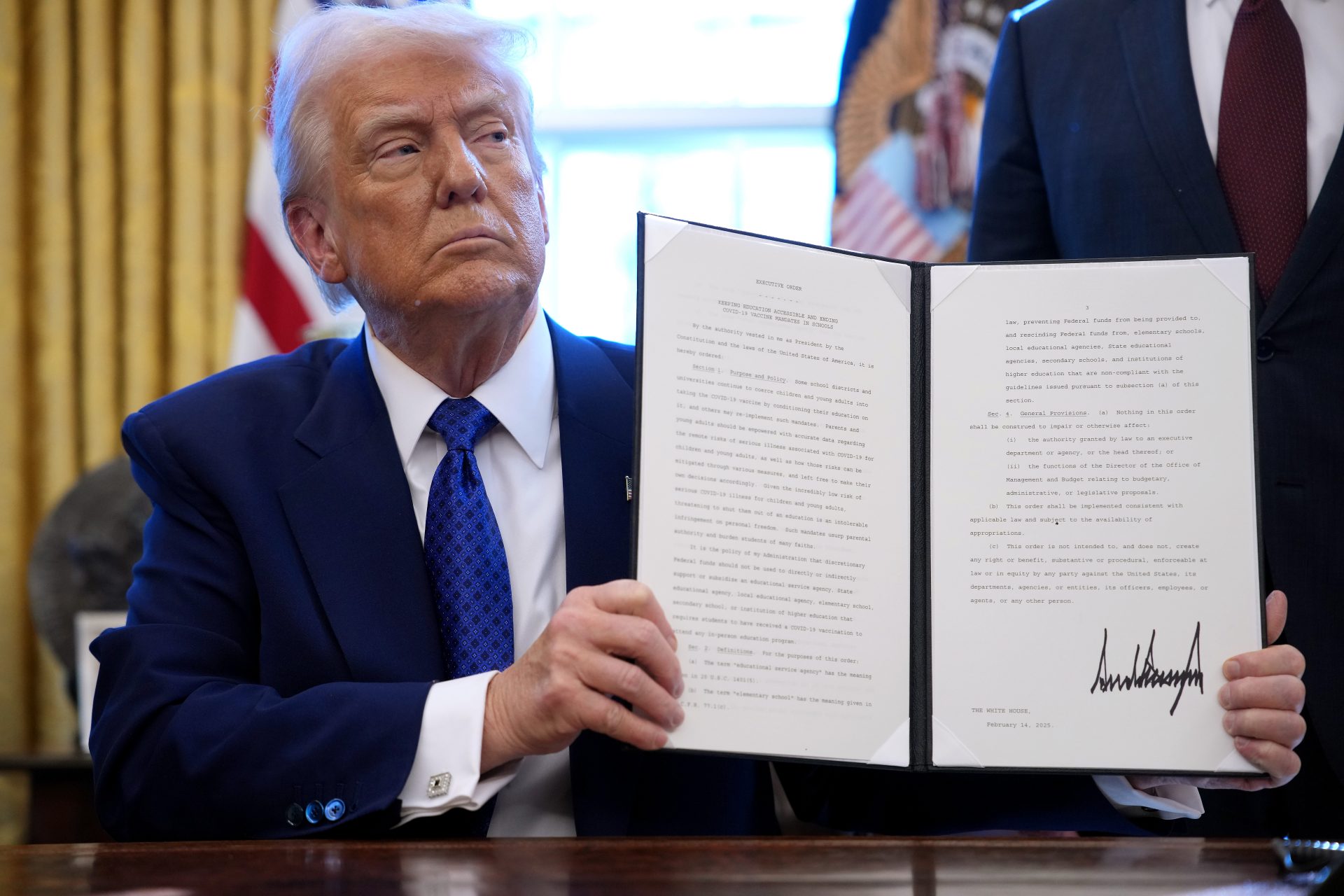Switzerland may end its neutrality to help Ukraine fight Russia
Reuters reports that the Swiss government is considering breaking the country’s centuries-long neutral tradition to aid Ukraine's fight against Russia.
The two security committees of the Swiss parliament have recommended easing the restrictions that ban exporting weapons produced in Switzerland to war zones.
Swiss neutrality dates from Napoleon's defeat in 1815 and is enshrined by a treaty since 1907. It states that the country can’t sell weapons directly or indirectly to combatants in a war.
Switzerland, one of the top 15 gun exporters in the world, currently has an arms embargo on both Russia and Ukraine. The Ukrainian government has requested that the Swiss change their stance, with the help of European pressure.
“We want to be neutral, but we are part of the western world,” said Thierry Burkart, leader of the liberal Free Democratic Party, as quoted by Reuters.
Pictured: Leaders of the major political parties in Switzerland.
Burkart has submitted a motion to allow arms re-exports to countries that share the same democratic values as Switzerland.
This means that third countries can acquire Swiss arms with the intention to send to Ukraine, which is currently forbidden by Swiss laws.
“We shouldn't have the veto to stop others from helping Ukraine. If we do that, we support Russia which is not a neutral position,” Burkart told Reuters.
Meanwhile, the left-leaning Social Democrats claim that they favor changes to the current legal framework, along with the Green Liberals.
Image: Hansjörg Keller / Unsplash
The biggest opposition comes from the Greens, with MP Marionna Schlatter arguing that allowing Swiss weapons to be delivered to Ukraine could lead to a “slippery slope”.
Schlatter and the Greens are not alone in their concern that this could put an end to Swiss neutrality. The right-wing Swiss People’s Party seems to be divided on the issue.
Lawmaker David Zuberbueler, from the Swiss People’s Party, argues that allowing arms shipment could “destroy the basis of peace and prosperity in our country”.
The Swiss People’s Party is the largest political faction in the lower house and a traditional advocate of the country’s neutrality.
What is true is that many are concerned that this could put an end to Swiss neutrality.
Even during both World Wars, when its neighbors were fighting each other in gruesome battles, the alpine country managed to retain its peace.
The confidence in Swiss neutrality also allowed it to establish such humanitarian entities as the Red Cross and be the seat of the World Health Organization, among others.
More for you
Top Stories





























